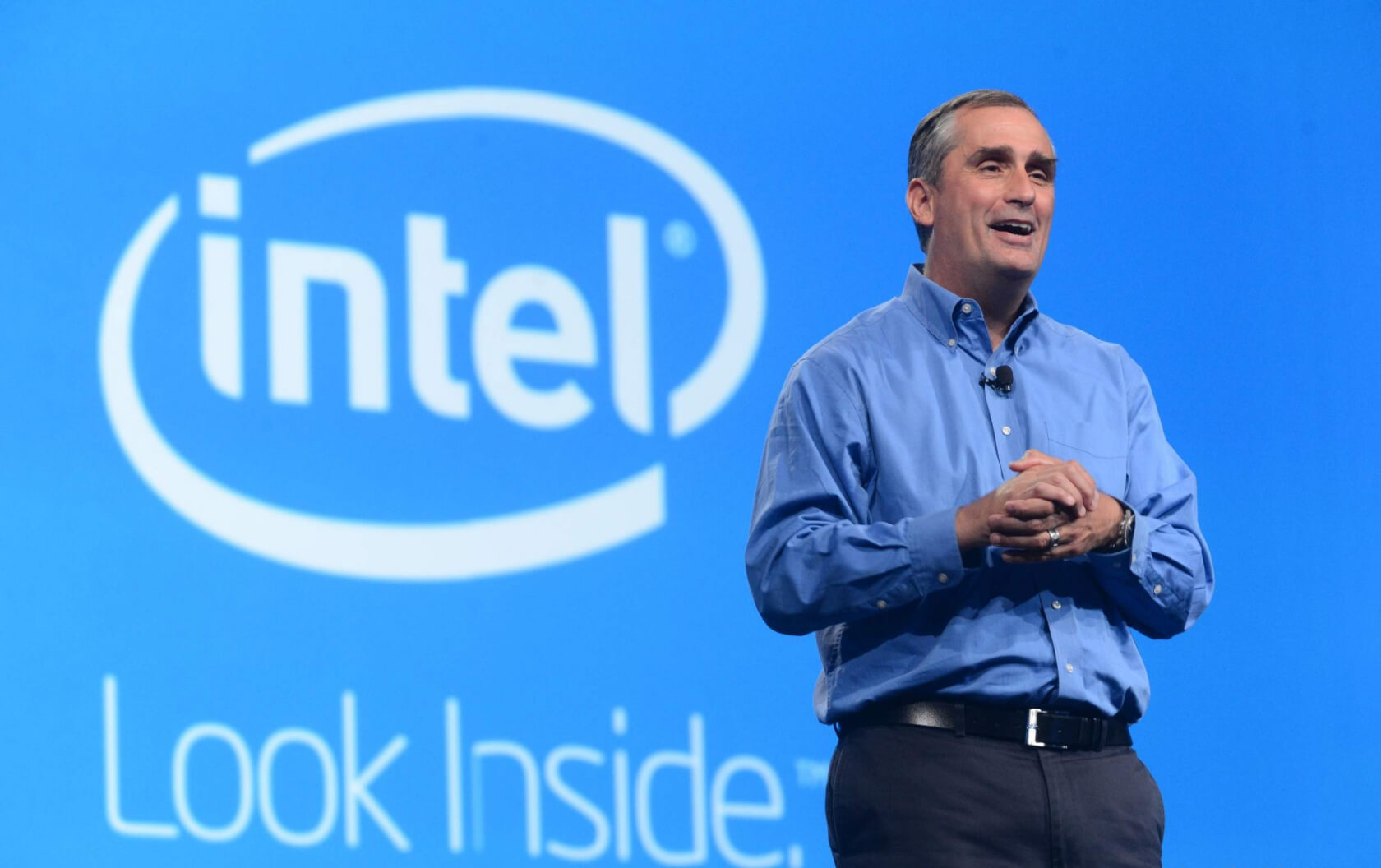The Meltdown and Spectre chip flaws have given Intel its biggest headache in years, but there was some welcome good news for Chipzilla after it reported better-than-expected fourth quarter earnings. More importantly for consumers, CEO Brian Krzanich also announced that the first chips to ship with built-in protection against the flaws would arrive later this year.
Intel reported non-GAAP earnings of $1.08 a share on revenues of $17.1 billion for Q4, beating analysts' expectations of 86 cents a share on revenues of $16.34 billion. It was another record year for the company, with total revenue for 2017 up from $59.5 billion in 2016 to $62.8 billion,
"2017 was a record year for Intel with record fourth-quarter results driven by strong growth of our data-centric businesses," said Krzanich. "The strategic investments we've made in areas like memory, programmable solutions, communications and autonomous driving are starting to pay off and expand Intel's growth opportunity. In 2018, our highest priorities will be executing to our data-centric strategy and meeting the commitments we make to our shareholders and our customers."
Intel's three largest areas of growth in Q4 were its Data Center Group, which saw revenue increase 20 percent to $5.6 billion; its Internet of Things of group, up 21 percent to $889 million, and the Programmable Solutions group, which jumped 35 percent to $586 million.
Intel has forecast revenue of $15 billion for the current quarter, give or take $500 million, which is in line with predictions. Despite Meltdown and Spectre, the company believes 2018 will be another record year; it expects to generate between $64 billion and $66 billion.
Speaking of those flaws, Krzanich said Intel was working "around the clock with our customers and partners" to address them and that he is "acutely aware that we have more to do."
During a conference call following the earnings report, Krzanich told investors that a silicon-based fix for the security holes would appear in new hardware sometime in 2018.
"We're working to incorporate silicon-based changed to future products that will directly address the Spectre and Meltdown threats in hardware," he explained. "And those products will begin appearing later this year."
"I've assigned some of the very best minds at Intel to work through this and we're making progress."
He added that implementing the changes shouldn't increase the cost of manufacturing the new chips or their final retail price.
"We've baked in, and we've talked about, that we don't expect any material impact of this security exploit on our spending or product cost or any of that," said the CEO.
Exactly when in 2018 they'll arrive is unclear, but it will probably be close to the end of the year. And we don't know if these fixes will only appear in Intel's new line of products or if they'll also apply to older chips. As noted by PC World, some chips might carry a suffix to assure buyers that the mitigations are built in.
